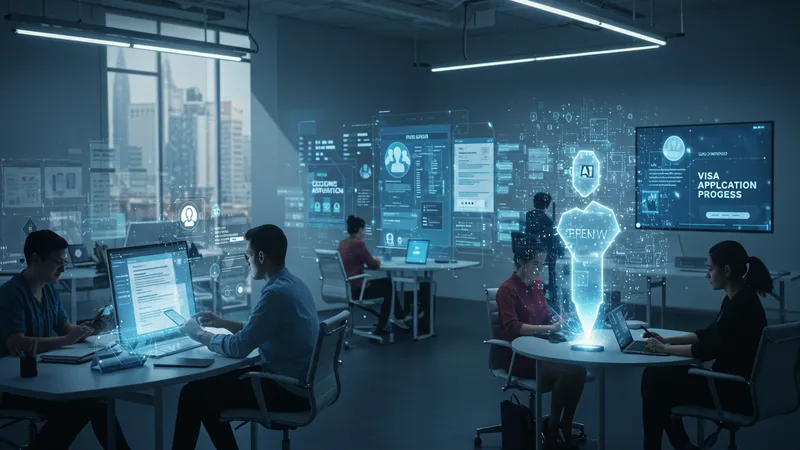
How To Apply For Visas & Migrate Abroad
The Role of Technology in Simplifying the Process
Technology has revolutionized visa applications, simplifying processes that once took months to complete. Online portals have replaced in-person appointments, reducing the bureaucracy drastically. Applicants can upload documents, track progress, and even receive approvals directly via mobile apps.

Artificial intelligence also plays a pivotal role by reviewing documents for errors, preventing delays caused by common mistakes. Bias detection in some systems ensures that every applicant receives a fair chance, regardless of origin or background.
Moreover, virtual reality tours of potential new homes are helping people make informed decisions without setting foot in a country before migrating. Yet the digitalization doesn’t stop here. The upcoming technological shifts promise even more game-changing benefits.
But as always, there’s a flipside. Dependency on technology can lead to gaps where human intuition is needed. So where does technology overreach, and where is it most effective? The answer might surprise you.